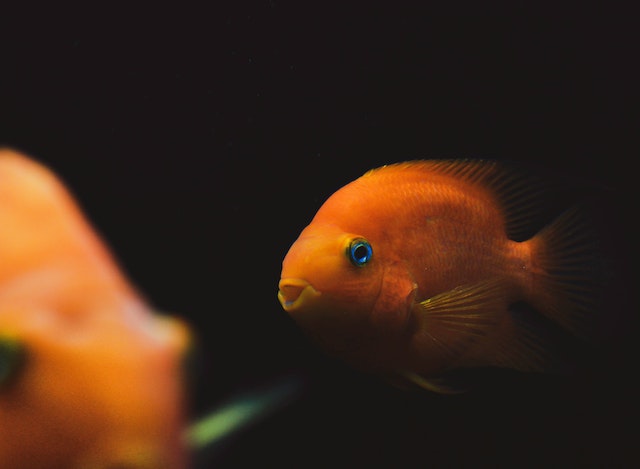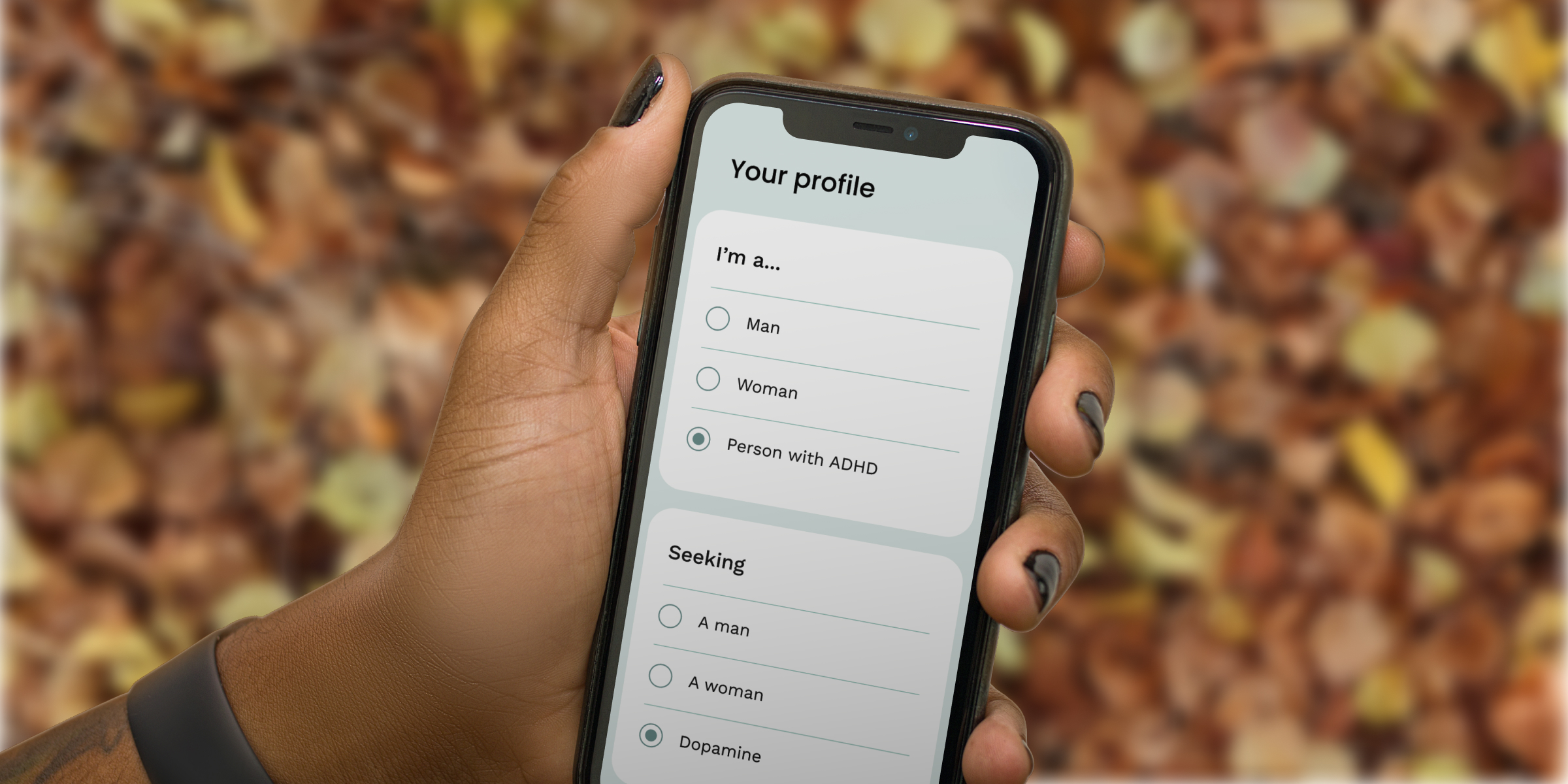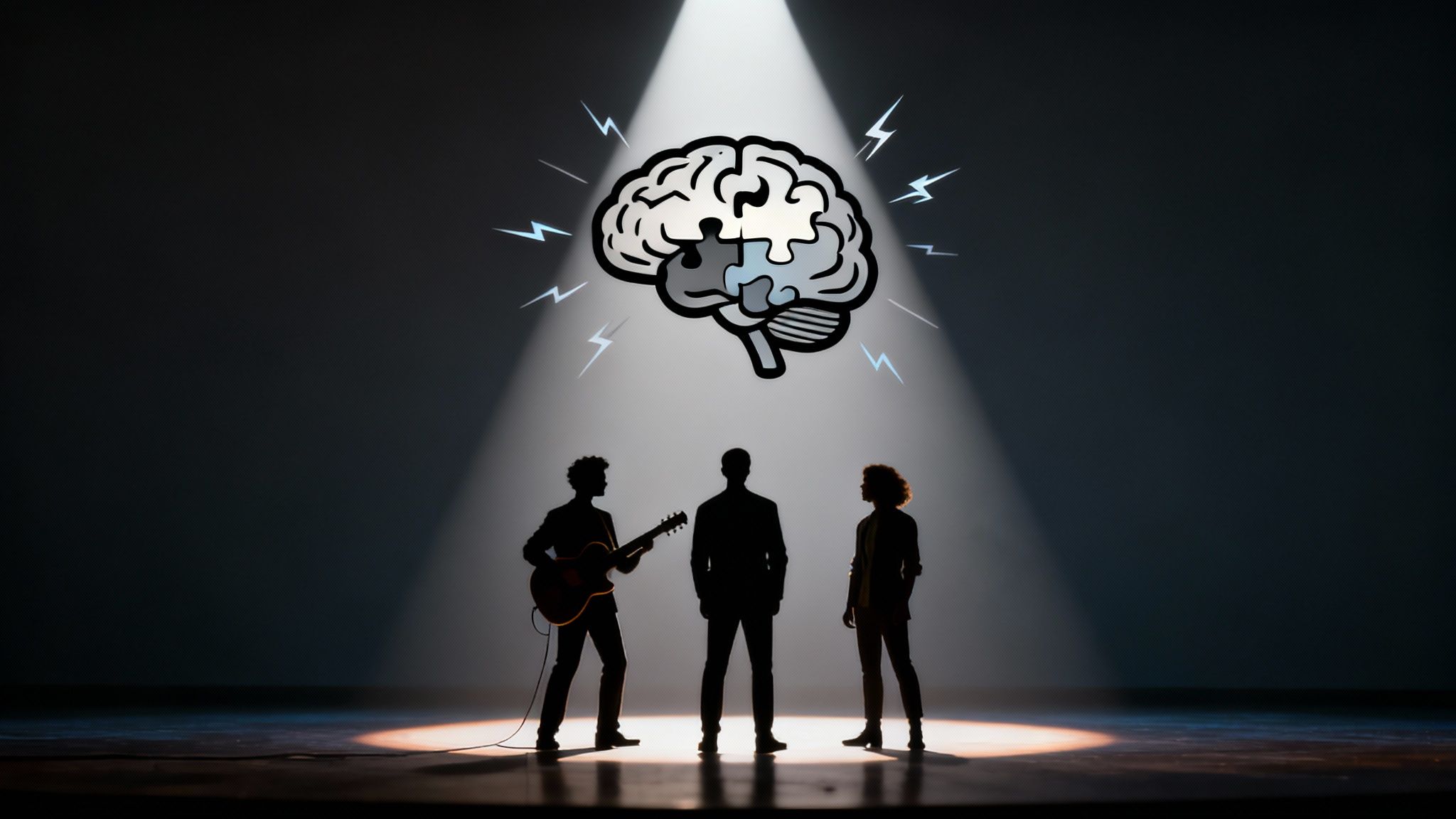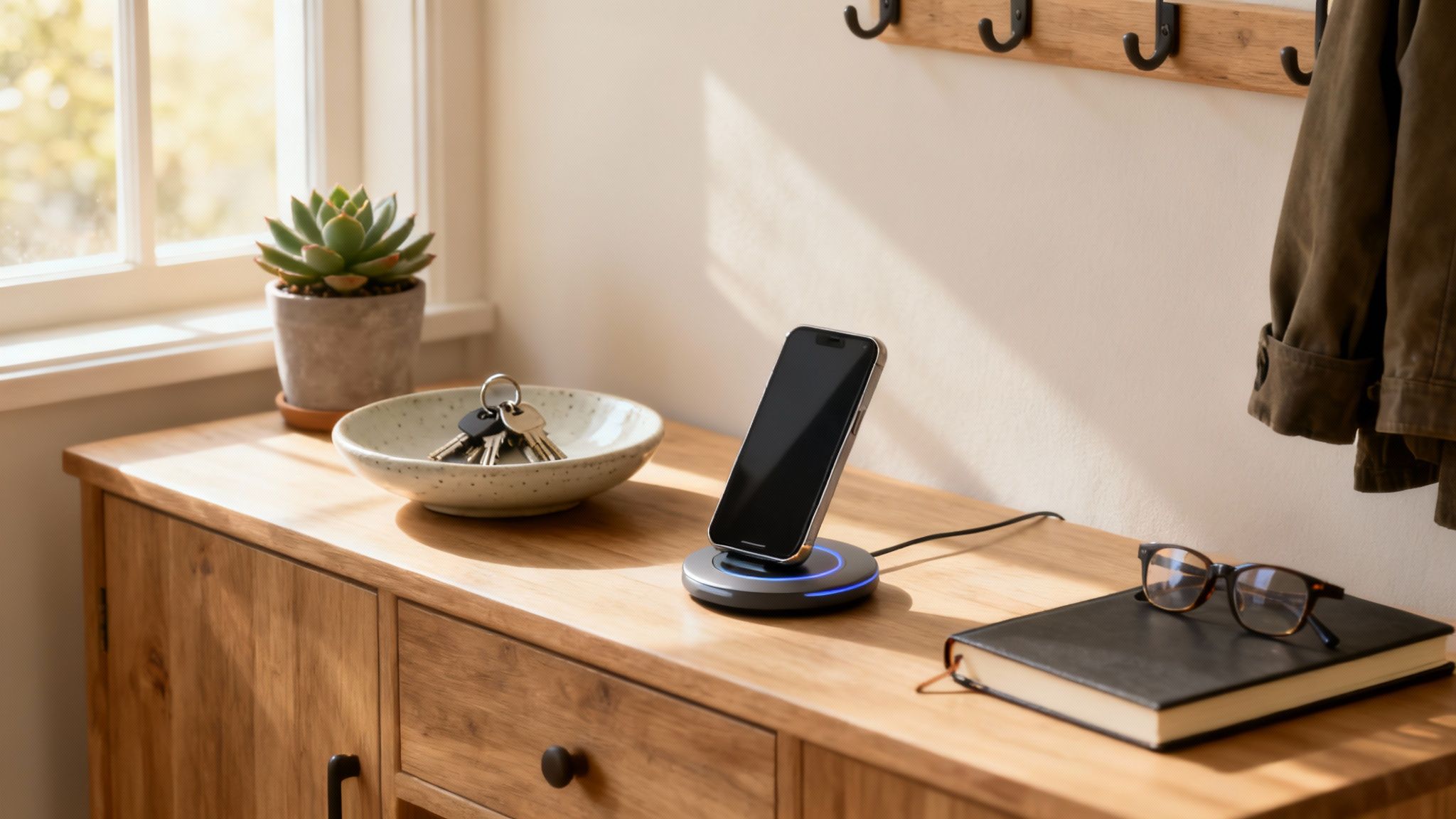If you know anything about ADHD, you probably know it’s related to dopamine, the “feel-good” brain chemical. It motivates us and creates a sense of satisfaction when we meet goals, or pleasure when we're positively stimulated or rewarded.
That said, dopamine and ADHD have a complicated relationship. It's a constant struggle to keep your brain balanced with just enough—but not too much—of that good feeling. Since ADHDers have less dopamine1, they may find themselves seeking out anything and everything that might make them feel good.
This is called “dopamine-seeking behavior”.
Too long; didn’t read
- ADHD brains have lower dopamine levels, which prompts urges to seek out stimuli that could provide more ‘hits’ of dopamine
- Too much dopamine can be harmful to your overall health
- Talk to your doctor about taking breaks from stimuli that release ‘too much’ dopamine (sex, alcohol, gambling, etc.)
- Stimulants, antidepressants, and natural remedies can help maintain healthy dopamine levels
🔞 Warning: this article contains mature content. Reader discretion is advised.
The ADHD brain

Let’s start with the basics: Brains are unique.
You already know this. No brain is the same as another.
But it’s not that simple.
The need for stimulation and pleasure is what drives our very existence as humans, but somewhere along the line, some individuals started to depend more heavily on that need, which is likely the cause for the neurodivergent population that exists today.
If you have an ADHD brain, you may know that it’s often difficult for neurotypicals to understand where you’re coming from when you express frustration with your neurodiverse brain.
For example, you may struggle with:
- Trying to focus
- Switching tasks when you have 'momentum'
- Motivating yourself to start and complete tasks
Because of these challenges, people with ADHD need more dopamine to be able to function in their daily lives.
What is dopamine?
Dopamine is a neurotransmitter produced in the midbrain, acting as a chemical messenger between the brain and the rest of the body. It works with our brain's reward center by providing a boost each time we engage in something that makes us feel good.
Humans are wired to like this boost. And because we like to feel good - we want more.
🧠 Brain research! Although dopaminergic neurons play a fundamental role in our lives, they account for less than 1% of the total neurons in our brain.2
Dopamine and ADHD
Scientists have found that low levels of dopamine contribute to ADHD.3 This deficiency is associated with two common ADHD traits, inattention and impulsivity. It's also likely that other aspects of dopamine are involved in the presentation of ADHD traits, such as insufficient or faulty dopamine transporters.1
Can I have too much dopamine?
High levels of dopamine can cause aggression and decreased impulse control. It’s also linked with addictive behaviors that involve high-dopamine activities.
What if my dopamine is low?
Unfortunately, there’s no test to determine if levels are low, but many people are able to notice the deficiency based on how they feel.
Lower levels of dopamine often correlate with:
- Decreased energy
- Mood changes
- Weight fluctuations
- Sleep issues
What is dopamine-seeking behavior?

Naturally low dopamine levels can drive a person to want more of it, which can lead them to start seeking out anything that can provide boosts:
- Risky sexual behaviors
- Pornography
- Binge-drinking
- Substance use and abuse
- Gambling
- Shopping
- Instigating conflict with others
- Binge-eating
Effects of dopamine-seeking behavior
Procrastinating until you feel a sense of urgency
People with ADHD tend to engage in procrastination because of struggles with motivation and perfectionism. The overwhelming feeling from the long list of important tasks just grows more and more overwhelming as the daylight slips away, and we’re only motivated once we feel a sense of urgency to complete the tasks that we procrastinated on.
This sense of urgency can release dopamine, which can - over time - condition us to prefer procrastination over productivity.
Avoiding sleep (revenge bedtime procrastination)
Revenge bedtime procrastination usually happens when we feel like we’ve wasted our day. Instead of getting sleep, we’re doom-scrolling Instagram and letting Netflix know that, yes, we are still watching.
This becomes a problem when we start to make a habit out of engaging in these dopamine-inducing activities instead of doing things that are vital for our health... like sleeping.
Treatment options for low dopamine

Typically, ADHD medications will provide a dopamine release, but some people are sensitive to stimulants.
In these cases, it’s best to speak with your doctor about finding a combination of medications and natural remedies to improve your executive functioning.
Medication
Central nervous system (CNS) stimulants
Stimulants regulate behavior by increasing dopamine production and availability. They can help manage symptoms like hyperactivity, impulse control, and attention issues.
Antidepressants and nonstimulants
Similar to stimulants, antidepressants increase dopamine levels. They also help with regulating mood and disruptive behaviors. However, they usually require longer-term use before the effects are noticeable.
#selfcare with a side of dopamine, please!
This might sound cheesy, but self-care is the easiest—and best, in my opinion—way to boost your dopamine. Ask yourself what you enjoy doing in your free time, and try to make time for it once a day.
It’d also be helpful to take a look at what you might need (even if you don’t necessarily want it right now.) For example, maybe you need more sleep, or perhaps you need to drink more water - and less caffeine - throughout the day.
While those self-care habits don’t give us immediate gratification, it can certainly help us in the long run.
💡 Pro tip! Try to figure out what helps you calm down when you’re overwhelmed. This could be listening to music, going for a walk, or even taking a warm shower.
Natural remedies
There are plenty of ways to increase your dopamine, and many don’t include medication. (Wouldn’t it be nice if we could buy dopamine at a store?)
There are some ways to increase dopamine naturally if you’re considering exploring that route for coping strategies.
Reminder: brains are unique!
Every person with ADHD is different, so every treatment plan will be different. If you struggle with dopamine-seeking behavior to the point of negative interference with your life, know you're not alone, first of all. But secondly, make sure to talk with your doctor about your options. You might have to try a few before you find what works best for you.
Things in our lives change constantly, so be prepared to adjust your plan as needed. And as cliché as it sounds - try to think of your experiences with ADHD as a journey, not something that has to have a destination.

.jpeg)






